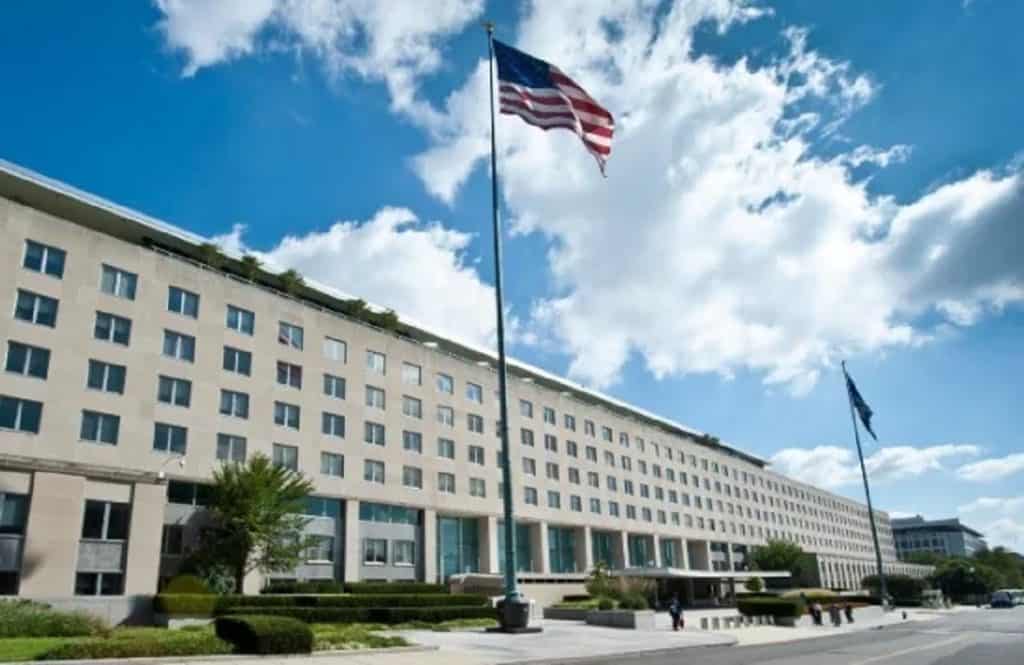Begum Burak
The concept of “Soft Power” refers to non-hard elements of power, such as culture and institutions, rather than the military power. The concept of “power” is generally defined in the context of Realist IR Theory, which sees the nation-state as the dominant actor and military power as the main tool in international relations.

With the erosion of the nation state system as a result of globalization and with the effect of the changing international environment after the Cold War, the concept of “soft power” came to the fore.
Soft power was first coined in the book entitled “Bound to Lead: The Changing Nature of American Power”, written by Joseph S. Nye in 1991. Nye stated that the USA is strong not only in the military sense but also in the field expressing its soft power. While Nye treats hard power as a tool that uses military force to change the position of others; he defines soft power as a tool that the countries use to affect another country through its values and culture.
When the concept of soft power was introduced, the balance of power in international politics changed at the end of the Cold War, and USA evolved into an interventionist actor in the regions it acted,. USA from time to time have begun to use soft power to receive the support of the international community.
The period of the Cold War, which lasted from the post-World War II until the dissolution of the Soviet Union in 1991 is known as the period when two ideological blocs led by two superpowers (USA and Soviet Russia) dominated in political, economic and military terms.
During the Cold War, there was no use of open military force. The Cold War process actually emerged from the complex intersection of political developments between USA and the Soviet Union. The leaders of both superpowers sought peace; but while doing so they never gave up their own ideology.
Soft power has emerged as an important element in US politics in the post-Cold War period. The conditions that prepared the ground for the use of soft power are also important in terms of showing the course of world politics after the end of the Cold War. The structure of the international system was announced under the title of “new world order” during the Gulf War by the then US President George Bush.
In the aftermath of the Cold War, the US described some states that did not comply with democracy and human rights values as “bandits”. In the “new world order” through which USA intervened in some regions for the sake of “democracy”. USA has also directly increased the use of soft power as the global hegemonic power, trying to reach the roads that serve its national interests by soft power, not always by military instruments.
On the other hand, the US policy of using soft power has weakened after the September 11 attacks. Following the September 11, 2001 terror attacks, USA adopted a strategy of expanding its political and economic influence.
In foreign policy, the influence of the neo-conservative wing has begun to take hold. USA resorted to hard force in its war on terror by declaring the terrorist attacks of September 11 as if they were made against the whole world. The most concrete example of this is the occupation of Afghanistan. In the invasion of Afghanistan, which is an obvious example of the abandonment of soft power, a war has been started against Al-Qaeda and the Taliban regime that supported it.
To put it in a nutshell, it can be said that, the period after September 11 is important for both US politics and world politics in terms of showing the validity of the Realist paradigm. States still seek to protect their interests with the means of military forces. However, it is not hard to see cultural diplomacy, art and humanitarian aid activities as tools of soft power in today’s world politics.
Author: Begum Burak (PhD, Independent Researcher and Author)
(The opinions expressed in this article are solely those of the author and do not necessarily reflect the views of World Geostrategic Insights)







